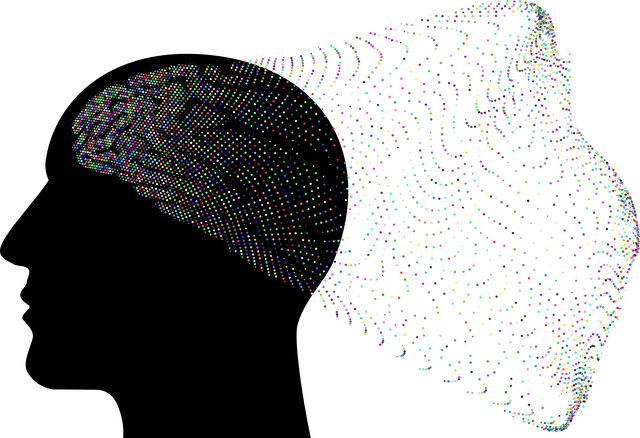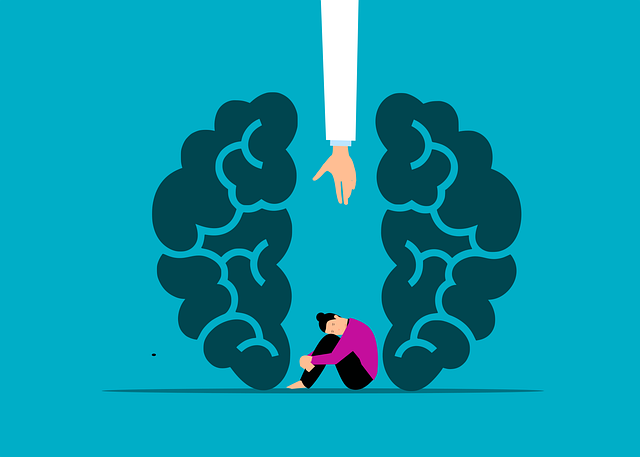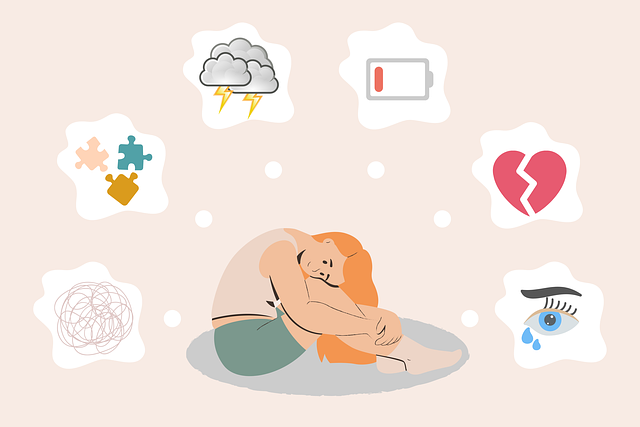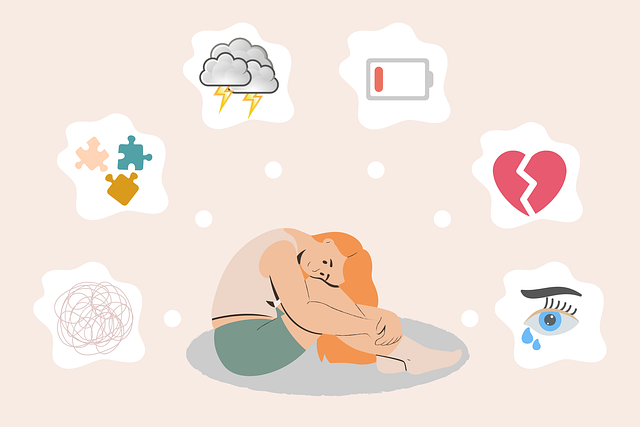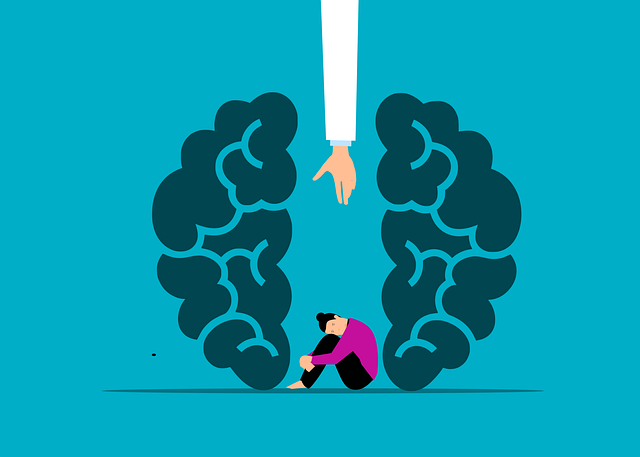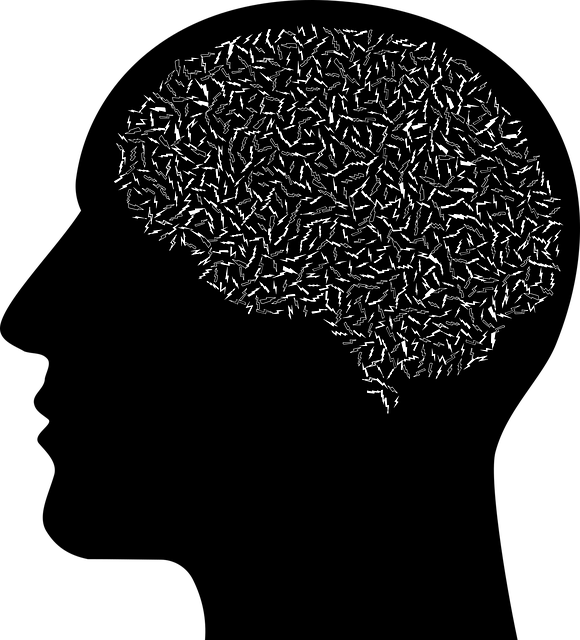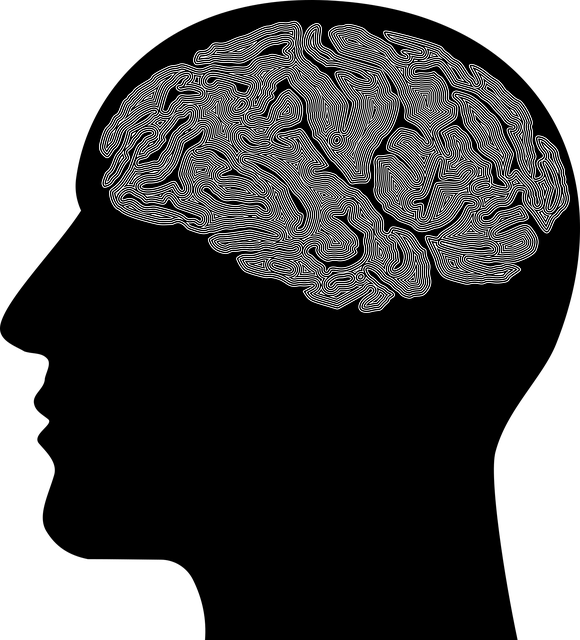In today's digital age, mental wellness apps are gaining traction as accessible tools for healthcare, especially catering to the unique needs of older adults through Northglenn Geriatrics Therapy. These apps offer convenient features like meditation guides, mood tracking, and personalized coaching to address burnout and promote positive mindsets. A successful app should prioritize user-friendliness, empathy-driven content, tailored recommendations, and integration with care providers. Effective marketing strategies, including targeted campaigns and engaging content, are vital for reaching users struggling with mental health issues, ensuring app popularity and improved outcomes for Northglenn Geriatrics Therapy.
Mental wellness apps have emerged as powerful tools in modern healthcare, offering accessible support for users’ emotional well-being. As a growing market trend, these applications provide discrete and convenient solutions tailored to individual needs. This article explores the development of an innovative mental health app inspired by Northglenn Geriatrics Therapy’s expertise. We’ll delve into identifying key features, understanding user-centric design principles, and effective marketing strategies to engage users on their journey towards improved mental wellness.
- Understanding the Need for Mental Wellness Apps
- Key Features of an Effective App: Northglenn Geriatrics Therapy Perspective
- Development Process: Building a User-Centric Solution
- Marketing and User Engagement Strategies for Mental Health Apps
Understanding the Need for Mental Wellness Apps

In today’s fast-paced and often stressful world, mental wellness is a crucial aspect of overall health, especially for healthcare providers. The demand for accessible and effective mental health support has led to a growing interest in digital solutions, such as mental wellness apps. These applications offer a convenient way to address various mental health concerns, including burnout prevention strategies for healthcare providers, who often face intense work pressures. By integrating features like meditation guides, mood tracking, and personalized coaching, these apps cater to the evolving needs of individuals seeking support for their mental wellness, particularly in areas like Northglenn Geriatrics Therapy.
Mental health awareness has been on the rise, encouraging the development of innovative tools that promote self-care and psychological well-being. Mental wellness coaching programs have gained traction, recognizing the importance of empowering users with skills to manage stress and maintain a positive mindset. The integration of technology through apps not only reaches a broader audience but also provides a discrete and engaging method for individuals to take charge of their mental health, fostering a sense of agency in managing their well-being, whether it’s for burnout prevention or general Mental Health Awareness.
Key Features of an Effective App: Northglenn Geriatrics Therapy Perspective

An effective mental wellness app should incorporate key features that cater to diverse user needs, especially for an audience like Northglenn Geriatrics Therapy. One of the most crucial aspects is user-friendly interfaces designed with simplicity in mind. This ensures older adults or those new to self-care practices can navigate the app effortlessly, fostering a positive experience from the outset.
Furthermore, integrating Empathy Building Strategies within the app can enhance user engagement and outcomes. Features like guided meditation, mindfulness exercises, and personalized therapy sessions can improve mental wellness. Encouraging Self-Care Practices through regular reminders, tracking progress, and offering tailored recommendations based on individual needs are also vital components that Northglenn Geriatrics Therapy would appreciate.
Development Process: Building a User-Centric Solution

In developing a mental wellness app, especially one catering to Northglenn Geriatrics Therapy needs, it’s imperative to build a user-centric solution that prioritizes individual experiences and preferences. This begins with deep empathy for the target audience—older adults seeking mental health support. Incorporating features like personalized dashboards, intuitive navigation, and accessible design ensures usability and engagement, fostering a sense of comfort and continuity.
The development process should seamlessly integrate Self-Awareness Exercises tailored to geriatric needs, alongside engaging Mental Health Education Programs designed to promote understanding and resilience. By combining these elements with regular feedback mechanisms, the app can adaptively evolve to meet users’ changing requirements. Moreover, incorporating features that facilitate connection with care providers or support groups, as seen in successful Public Awareness Campaigns Development, enhances the app’s effectiveness in Northglenn Geriatrics Therapy contexts.
Marketing and User Engagement Strategies for Mental Health Apps

Marketing and user engagement strategies play a pivotal role in the success of mental wellness apps, especially when competing in a crowded digital marketplace. To stand out, apps should offer unique value propositions that cater to specific user needs, such as tailored therapy programs or innovative Self-Care Practices. Leveraging digital marketing channels effectively can help reach target audiences struggling with anxiety, depression, or other common mental health challenges. Northglenn Geriatrics Therapy, for instance, has successfully engaged users through interactive online campaigns that promote Stress Reduction Methods and emphasize the importance of Emotional Intelligence.
Social media platforms, email marketing, and influencer collaborations are powerful tools to build a community around the app. Engaging content, such as tips on managing stress, success stories, and expert insights, can drive user interaction and retention. Additionally, integrating gamification elements or offering rewards for consistent use can foster emotional connections and make mental wellness practices more enjoyable. By combining targeted marketing with engaging user experiences, mental wellness apps can not only attract but also retain users, ultimately contributing to improved mental health outcomes.
The development of mental wellness apps, as evidenced by the insights from Northglenn Geriatrics Therapy, is a promising approach to enhancing access and quality of care. By incorporating user-centric features and effective marketing strategies, these digital tools can significantly impact individual well-being. As the demand for accessible mental health support continues to grow, app developers have a unique opportunity to create innovative solutions that cater to diverse needs, ensuring a healthier and more supported global community.
